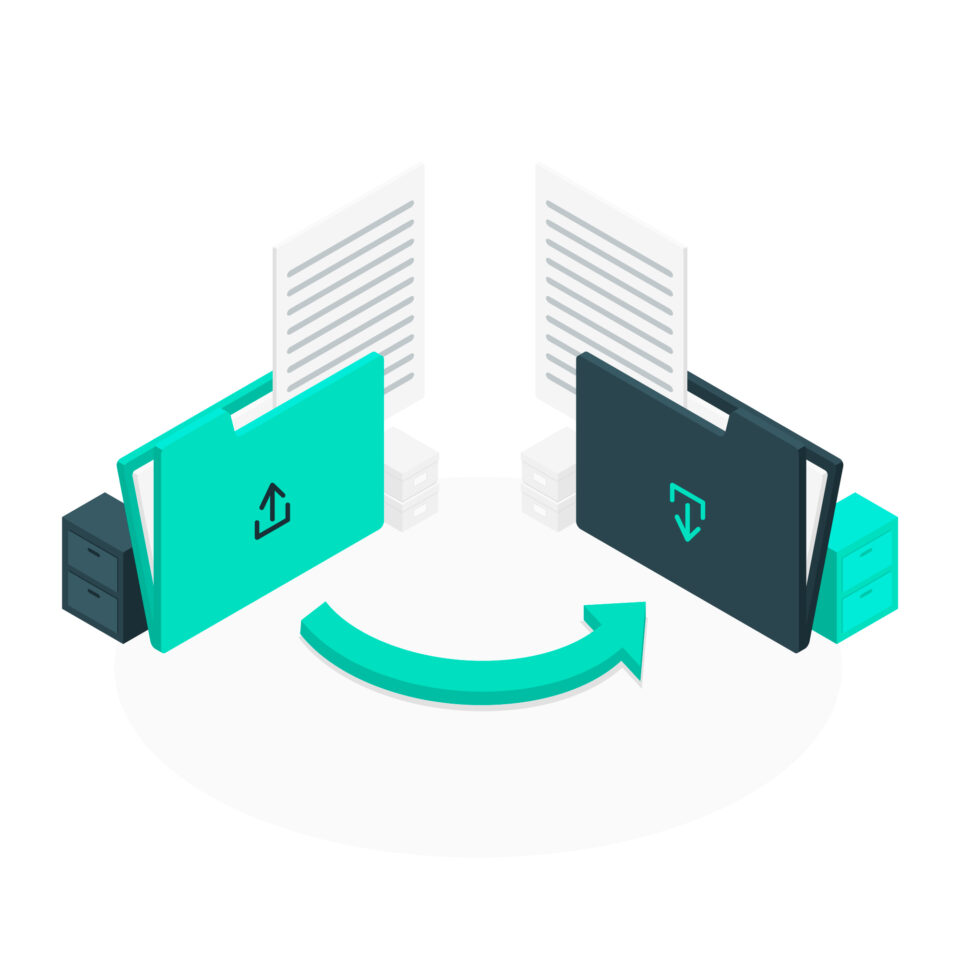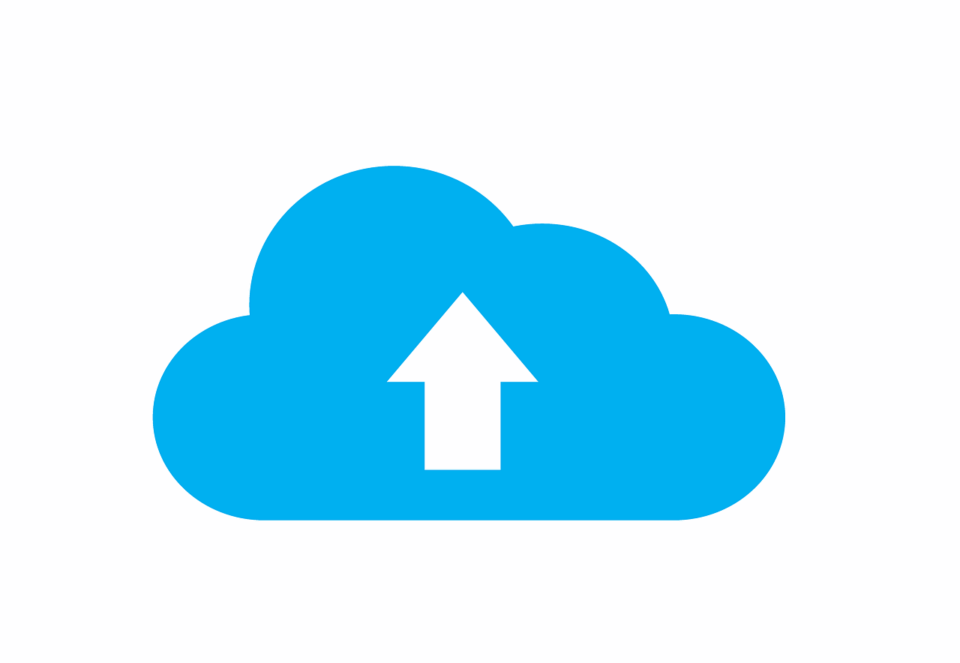Controlling the spread of pathogens starts with data. In healthcare facilities, interoperability enhances how providers and insurance companies use that data to improve patient care. During the coronavirus pandemic, properly implemented interoperability within facilities and throughout the industry can help patients get better care, identify hot spots of contagion, and mitigate the spread of the virus.
Traditional fax machines often lack robust security features, making them susceptible to breaches. Outdated fax capability can be a potential vulnerability if not properly managed and updated, especially in an era of advanced cyber threats. This is particularly critical for maintaining security and compliance regarding the protection of clients’ PHI.
The Limitations of Traditional Fax Machines in Healthcare
Traditional fax machines have been a staple in the healthcare industry for decades, but they come with several limitations that make them less than ideal for transmitting sensitive data. One of the primary concerns is the lack of robust security features. Vulnerable fax machines can be susceptible to hacking and cyber attacks, which can compromise patient data and put healthcare organizations at risk of non-compliance with HIPAA regulations.
Additionally, traditional fax machines require a physical phone line, which can be a barrier to adoption in modern healthcare settings where digital communication is preferred. This reliance on a phone line can also lead to issues such as misdialed numbers or lost faxes, resulting in delays in patient care. Furthermore, traditional fax machines are not equipped to handle the high volume of fax messages that healthcare organizations often receive, leading to bottlenecks and inefficiencies. These limitations highlight the need for more secure and efficient methods of communication in the healthcare industry.
How Interoperability Reduces COVID-19 Spread and Improves Treatment of Sensitive Data
Accessibility to patient information is critical for physicians providing care for coronavirus patients. However, public health officials also depend on data, including the number of diagnosed patients and their demographics. Interoperability helps both groups do their jobs more efficiently, faster, and with as much information as possible.
Due to the sudden eruption of severe symptoms in some people who contract COVID-19, patients may stay at home until needing emergency care. Often, these patients don’t have time to phone their primary healthcare provider (PHP) to have records sent to an admitting hospital. For severe cases of COVID-19 that require hospitalization, the patients may not have the ability to share more than their basic information.
Connectivity between care providers is essential in these cases to ensure that the patient gets all the care they need based on their current health and prior medical conditions.
Unfortunately, many facilities must resort to a manual search of patient files and faxing the collected data over phone lines. These tasks take time away from processing data for other patients. Cybercriminals can exploit fax machines to gain access to an organization’s entire network, highlighting a significant vulnerability. Reducing the time on these tasks through the use of EHR systems that have API for cloud fax integrated turns these manual labors into simple, fast jobs done with a few mouse clicks. However, faster care for patients located in a facility is not the only reason for a rise in the need for interoperability to improve services.
During the pandemic, many facilities have shifted their general appointments to telemedicine. This stance will likely increase the demand and use of this service in the future. According to IBM’s chief health officer and a vice president Kyu Rhee, telehealth has links to lower death rates at health institutions, adding incentive to pursue the expansion of this technology. However, to ensure the successful execution of telemedicine by giving remote providers access to patient health records, interoperability and instant exchange of patient information are vital.
Public health officials also need access to information about COVID-19 cases. Interoperability makes exchanging information among hospitals, private labs, and public health agencies possible. In fact, in May 2020, the Margolis Center for Health Policy at Duke University outlined three recommendations for using interoperability to reduce the spread of COVID-19:
Improve reporting from commercial labs with more complete patient information
Provide clinical data and health records of COVID-19 patients to public health authorities
Secure portals integrated into existing facility software programs to allow the authorized public health agency access
The Role of Cloud Fax Machine in Interoperability
One of the major problems with achieving interoperability is the lack of willingness to move toward digital methods of communication between offices. Since not all insurance companies and medical facilities use the same software and email attachments lack the security to meet HIPAA requirements, communications still often involve the fax machine.
In fact, up to three-fourths of communications between medical providers and other entities occurs over fax.
Old fax machines that rely on landlines have problems with security, reliability, and scalability. Researchers have identified security flaws in these machines that could be exploited by hackers, potentially compromising sensitive data. All-in-one units that offer printing, scanning, and faxing capabilities store large quantities of unsecured data and have just as much risk from hackers as other internet connected devices. Hackers can send an image file over the phone line containing malicious software, allowing unauthorized access to the network. Landline fax machines may jam or require resending the information, wasting precious staff time and resources.
Integrating cloud fax with API allows digital transmission of documents to other providers or insurance companies, even if they’re using different software. All the recipient must have to receive transmissions from a cloud fax service is a fax number. The number may refer to another cloud fax program that receives faxes or it may go to a traditional fax machine. Cloud faxing overcomes the need for compatibility when sending documents to other medical providers.
Cloud fax integrated into EHR software makes filing forms with insurance easier and faster. Additionally, with multi-layer encryption, administrative tools to control access, and HIPAA compliance, cloud fax solutions are a more secure alternative to traditional paper-based machines.
Implementing Interoperability During the Coronavirus Pandemic
Regulatory agencies have offered a reprieve to healthcare facilities still struggling to meet the standards for connectivity set out on March 9, 2020. The Centers for Medicare and Medicaid Services (CMS), the Office for the National Coordinator for Health IT (ONC), and the Health and Human Services (HHS) Office of Inspector General (OIG) established flexibility guidelines in April 2020 to permit discretion in enforcing interoperability requirements. Though this discretionary period has the intention of letting facilities focus on providing care for COVID-19 patients and others, it does not mean that interoperability is not important. In fact, the sooner facilities reach full interoperability the better their services will be.
When beginning the process toward interoperability, always focus on the goal of interconnectivity without compromising the security of patient data. All privacy laws at state and federal levels, such as those under HIPAA, continue to remain crucial to how facilities handle patient information. Look for gaps in communications and connectivity and find solutions to bridge those. The most common options are API-based to allow for simple integration into existing EHR software. Criminals can spread malware through fax machines by exploiting vulnerabilities in fax protocol, emphasizing the need for secure communication methods.
Planning for future compliance with regulations requiring interoperability means keeping a steady focus on the current technology and how to build a bridge to future goals. Secure cloud fax services with a robust API can help you complete
Cloud Fax Security and Compliance
Cloud faxing offers a secure and compliant alternative to traditional fax machines, addressing many of the security concerns associated with older technology. Cloud fax solutions provide robust security features, such as encryption and secure servers, to protect sensitive data during transmission. These solutions are designed to meet the stringent requirements of HIPAA compliance, ensuring that healthcare organizations can transmit patient data securely and in accordance with regulations.
Moreover, cloud fax solutions typically include a business associate agreement (BAA), which ensures that the cloud fax provider is committed to maintaining the security and confidentiality of patient data. This agreement is crucial for healthcare organizations to ensure compliance with HIPAA regulations. Cloud fax solutions also provide a secure and reliable way to transmit fax messages, reducing the risk of errors and delays that are common with traditional fax machines. Additionally, cloud fax solutions are scalable and can handle high volumes of fax messages, making them an ideal solution for healthcare organizations that need to manage large amounts of data efficiently.
Choosing a Reliable Cloud Fax Solution
When choosing a cloud fax solution, healthcare organizations need to consider several critical factors to ensure they select a reliable and secure option. First and foremost, the solution should provide robust security features, such as encryption and secure servers, to protect sensitive data. It is also essential to ensure that the solution is designed to meet HIPAA compliance requirements and includes a business associate agreement (BAA) to guarantee the provider’s commitment to data security.
Reliability and uptime are also crucial considerations, as healthcare organizations need a solution that can handle high volumes of fax messages without interruptions. Additionally, the solution should offer a user-friendly interface and integrate seamlessly with existing healthcare systems to streamline workflows and improve efficiency. By carefully evaluating these factors, healthcare organizations can choose a cloud fax solution that meets their needs and ensures the secure transmission of sensitive data, ultimately enhancing their ability to provide high-quality patient care.
Take the First Step Toward Interoperability and HIPAA Compliance
One of the simplest changes healthcare facilities can make toward the goal of interoperability is to switch to cloud fax from landline-based technology. With API-driven cloud fax services, like Documo, the integration of faxing from directly within your existing software becomes possible, thereby speeding the process of sending records between providers. Transitioning from landline-based technology to cloud fax can also help address security flaws associated with traditional fax machines, protecting sensitive data from potential vulnerabilities.
With higher patient volumes, staff members need all the resources available to continue to communicate with insurance companies and other medical providers while handling patient intake and more. By being able to send and receive faxes securely from their EHR program, they can save time and serve more patients.
Find out more about the highly reliable and secure, HIPAA-compliant cloud fax solution from Documo and make your first step toward total interoperability today.




